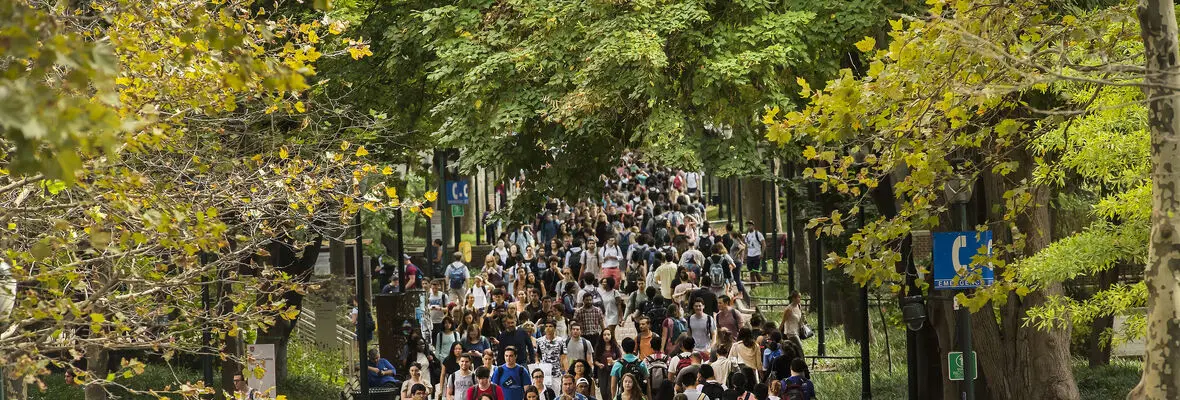The MOVE ON Study
Being in the hospital is hard and weakens your whole body.
Even though hospital stays often focus on a specific illness, organ, or body part, the whole body is impacted. After returning home, many people find it difficult to resume activities they did before hospitalization such as walking, household tasks or errands, or even self-care tasks like bathing and dressing.
Being physically active is an important part of recovery.
During a hospital stay, it is very difficult to stay active so resuming normal activities can take several months. Having daily and weekly goals for activities such as walking can help gradually build strength and aid in recovery from acute illness and hospitalization.
Being physically active during recovery can improve overall health.
Previous studies have shown that people who are more active after returning home from the hospital are less likely to have another hospital stay in the months after discharge and less likely to have long-term weakness or disability that prevents them from walking, doing household tasks, or self-care tasks.
Social support can help people achieve activity goals and avoid disability.
Our pilot study at the Hospital of the University of Pennsylvania showed that people with higher levels of support from friends and family during their recovery were more likely to reach their activity goals and less likely to have difficulty with other daily activities. See results from our pilot study at HUP.
What is the MOVE ON Study?
MOVE ON is a new study among adults age 50 and older to improve recovery after discharge from the hospital by increasing daily activity. The study is being led by Dr. Ryan Greysen at the University of Pennsylvania and is funded by the National Institute of Aging.
Please see our FAQ page to learn more about the study and see if you qualify to participate.



